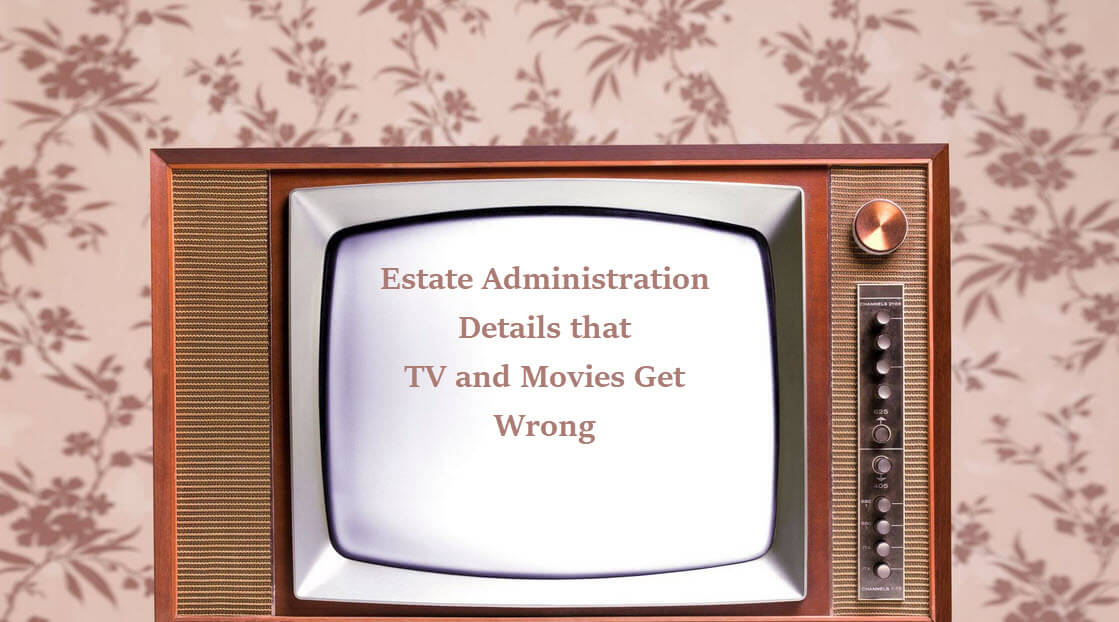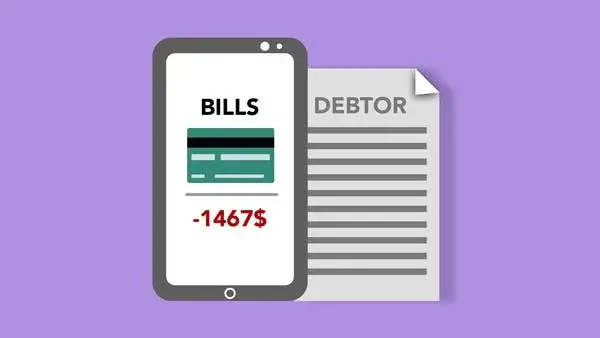While television and movies provide great entertainment, they are not always factual. Even shows based on real events are not entirely accurate. Creators of television programs and movies will often alter details of a story or situation to provide an enjoyable experience. Because of these widespread embellishments, people often develop misconceptions about many industries and professions, including attorneys and estate planning.
The Truth about Creating and Revising a Will
People think that it is easy to write or change a will. Some movies or television shows imply that all you have to do is write something down and put it into an envelope for safekeeping.
In the real world, a will that is not created properly may be considered invalid. The local probate courts determine whether the will or any changes to the will meet state law requirements. For example, states have differing rules for whether a will can be handwritten or typed, and if so, what features or provisions it must contain. If the creation or updating of the will does not comply with the law, extra time will be taken to determine if the court can accept the will or if the deceased’s money and property will be distributed according to the state’s laws instead. The resulting confusion and likely conflict will cost the family extra time, money, and hassle to get through the probate case.
Gathering for the Reading of a Will
In movies and television shows, there is often a dramatic scene where family members gather in a lawyer’s office for the reading of the will. The atmosphere is usually tense, and everyone is eagerly waiting to find out who gets what.
In reality, the reading of the will is not a spectacular event. In most cases, the contents of the will are communicated to the beneficiaries by the executor or through legal channels. There is typically no gathering, and the process is more private. Some families may have more realistic expectations about the terms of the will based on prior family conversations about estate planning and will not be blindsided when their loved one passes away. Other families may find out the details of the will after it is filed with the probate court and may be hurt or angered when they learn what is in it (or not in it) for them.
Not Every Matter Requires an Appearance Before a Judge
When the expectations of family and loved ones are shattered in a movie or television show, everyone immediately considers contesting the will. Movies often depict legal matters, including estate planning, as requiring an appearance before a judge; cases are argued in a courtroom and include cross-examinations and emotional accusations.
Realistically, in most states, an uncontested informal probate can occur without ever stepping foot inside a courtroom. Further, in situations where court appearances are necessary, most matters can be resolved outside the courtroom through negotiation, mediation, or other methods. Estate planning documents such as wills and trusts are designed to provide clear instructions for the distribution of money and property, reducing the need for legal disputes.
Some movies and television shows correctly explain that successfully contesting a will does require proving the case in court and that it may not always be easy. What they often do not portray is that a will contest gets complicated because anyone with legal standing can challenge a will, including
- named beneficiaries;
- previous beneficiaries who were disinherited; and
- individuals who are considered heirs or next-of-kin under state intestacy laws—a spouse, child, grandchild, or sibling—who may not have been named in the will.
A successful will contest can invalidate the document. If a will is found to be invalid, the deceased person’s money and property will have to be distributed according to a previous will or state intestacy laws, neither of which will likely reflect the decedent’s intent.
Immediate Distribution of Inheritance
In movies and on television, beneficiaries often receive their inheritances immediately after the death of a loved one. Inheritance distribution is portrayed as a seamless and quick process, allowing family members to access their newfound wealth right away.
The distribution of money and property according to a will is a legal process that involves probate: the court-supervised process of validating the will, paying off debts, and distributing money and property. This process can be lengthy, especially if there are disputes or complications. Beneficiaries may need to wait for the resolution of legal matters before receiving their inheritances. Estate taxes and debts must be paid first, which can cause further delay. In some cases, it may take months or years for an executor to be appointed, and there may be a minimum length of time that a probate estate must be open before inheritances can be distributed.
Real-Life Probate and Trust Administration
Real-life estate administration is less dramatic and more procedural than movies and television shows would have you believe. Seeking the guidance of an experienced estate planner can help you navigate the complexities of creating a proper estate plan to ensure that your wishes are carried out efficiently and effectively during probate or trust administration.
Estate planning attorneys help you make decisions based on
- your family situation and dynamics;
- the age and circumstances of your children, grandchildren, and other loved ones;
- how much wealth you have accumulated;
- the type of accounts or property you have;
- potential estate tax liability;
- your issues and concerns;
- your goals and desires; and
- whether you need to protect financial resources from your beneficiary’s creditors, bankruptcy, lawsuits, judgments, or troublesome relatives.
Although television and movies are entertaining with their conflicts and cliffhangers, your estate plan should not be as entertaining. We can help you craft a customized estate plan that addresses your goals and wishes and provides an uneventful administration at your death. To learn more, give us a call.





